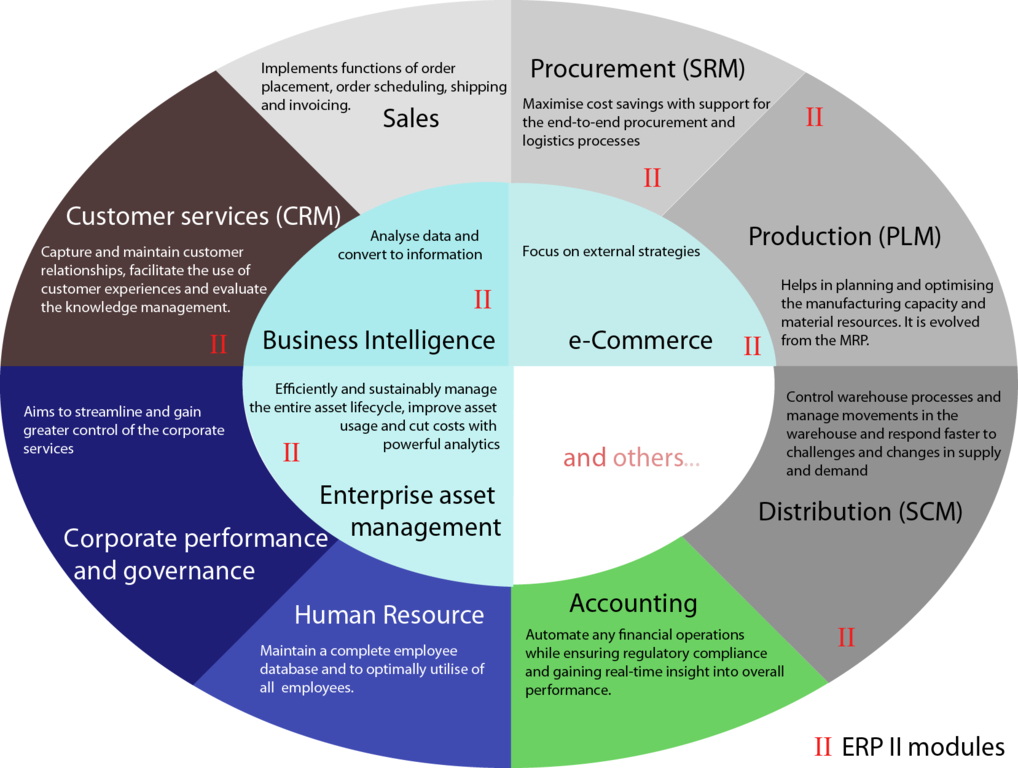The
business works on several internal and external parameters in an
organization. Keeping the track of each and every process and
workflow needs a management software. ERP i.e. Enterprise Resource
Planning softwares are adopted by various organizations to automate
and manage the tasks and processes. ERP systems can be easily
customized and merges various business processes efficiently. It
comprises of applications that maintain distinct data structure on a
common software platform. However, it needs an effective
implementation. Let's discuss some challenges you might face while
implementing it in the organization.

Requirements
and Choice of ERP system
Choosing
the ERP system is a critical step and should be taken carefully as it
would serve the organization for coming years. You need to understand
the work and activity structure, business processes, finance aspects
of your organization before making the decision. You may go through
the following checklist for the same.
1.
Is this workflow
management software
compatible
with the competitive aspects of the organization?
2.
Does it provide tools to handle all the organization structures and
processes?
3.
Are you getting a better alternative workflow management software at
similar cost?
4.
Is the software globally appreciated and used by the organizations?
5.
Does the software provide
technical
support
and
backup assistance?
Hiring
the professionals
A
professional business management consultant is required to give a
second opinion after identifying the business structure of your
organization. He would be a source of information on the best
available ERP solutions and their implementations. Since the ERP
system would ultimately come in regular usage, the technical team
should be well capable of understanding the software structure, its
customizations, troubleshooting, and management. A team of trainers
who have a good knowledge of the ERP is required to train employees
with software
features
and
methods.
Introducing
the ERP system
It
does take the time to adopt a new change in every organization, and
same is the case with workflow management software or ERP systems.
The employees may not be able to cope up in the beginning. However,
with the appropriate training sessions and regular guidance, they
would ultimately get to use it efficiently. The projects, files, and
databases would require a shift from the old data management system
to the new ERP system. A regular backup and system testing are the
important steps that need to be performed.
ERP
systems or workflow
management software
plays
a vital role and is a necessary tool in the organization. With the
adequate amount of focus in implementation, it optimizes the analytic
business model and helps serving to its growth aspects.